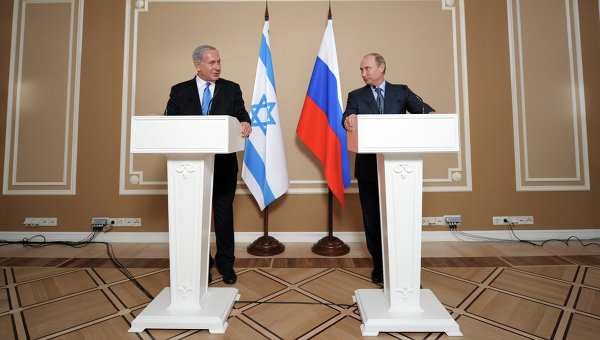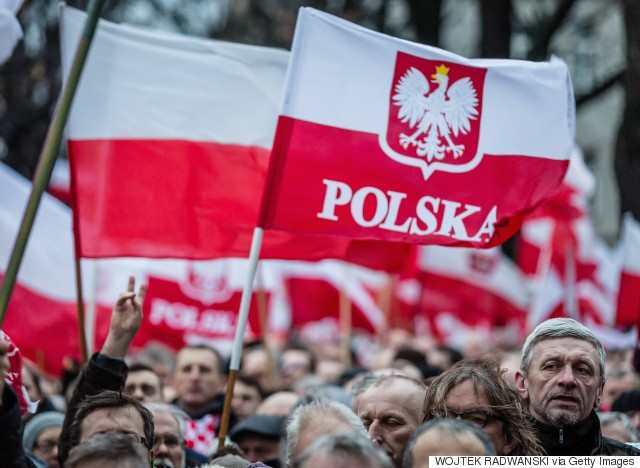Israel considers sanctions against Russia an ineffective tool for resolving the conflict in Ukraine and believes that the diplomatic approach to Russia has not been exhausted, Israeli Ambassador to Ukraine Eli Belotserkovsky said on Tuesday, January 19.
“We do not consider that sanctions are measures that can lead to the resolution of the conflict,” he said, as cited by Ukrainian News.
Furthermore, Belotserkovsky stated that Israel needs to remain on good terms with Russia. “We cannot put relations with Russia at risk,” he said. However, he added that Israel does support the territorial integrity of Ukraine.

Israel has not joined the international sanctions regime against the Russian Federation, which is occupying sections of Ukrainian territory. Additionally, Israel’s diplomats were not present during the March 2014 vote on the US-supported UN resolution condemning Russia’s annexation of Crimea. However, Israel has long supported sanctions against Iran. When asked if this were not a double standard, the ambassador stated that Israel believes that the “diplomatic approach has not been exhausted with Russia, but that it has been exhausted with Iran,” according to Interfax-Ukraine.
Nonetheless, Belotserkovsky acknowledged that sanctions can be “an effective approach if all other approaches are exhausted.”
Meanwhile, he said Israel will respond to any reports of arms supply to its enemies by Russia. “If this situation occurs (or is occurring) then this issue will be raised with the appropriate authorities,” he said. However, he refused to discuss any information on such reports.
Earlier, international media published interviews with Hezbollah militants who said they received weapons directly from Russia. Last week Ukrainian security services seized a batch of the Grad-P portable mobile missiles with operating instructions in Arabic. According to the Ukrainian NGO Information Resistance, the missiles used to be produced by the Kovrov Mechanical Works plant in Russia, but are now being manufactured in the occupied areas of the Donetsk Oblast.
Last January, the Israeli Foreign Minister Avigdor Lieberban told the Russian news agency RIA Novosti that his country was ready and well-positioned to mediate between Ukraine and Russia to resolve the conflict in the Donbas because of its “neutrality.”
However, Ukrainians remember that last year Israel refused to sell drones to Ukraine after Russian President Vladimir Putin opposed the sale in a telephone conversation with Israeli Prime Minister Benjamin Netanyahu, as reported by Bloomberg News, citing an unnamed Israeli official.
Ukraine had reached an agreement with Israel Aerospace Industries (IAI), the largest manufacturer of unmanned aerial vehicles in Israel, to import the drones to monitor compliance with the Donbas ceasefire agreements by Russian-supported “separatists.” However, the deal was cancelled after the Israeli government objected. The offices of Netanyahu, the Defense Ministry and IAI refused to comment on the matter at the time. Putin’s press secretary Dmitry Peskov also did not respond to requests for comments.
In September 2015, The Jerusalem Post reported on a story published in the Russian newspaper Vedomosti, September 4, that the Russian Defense Ministry had purchased 10 intelligence-gathering drones from Israel Aerospace Industries.








